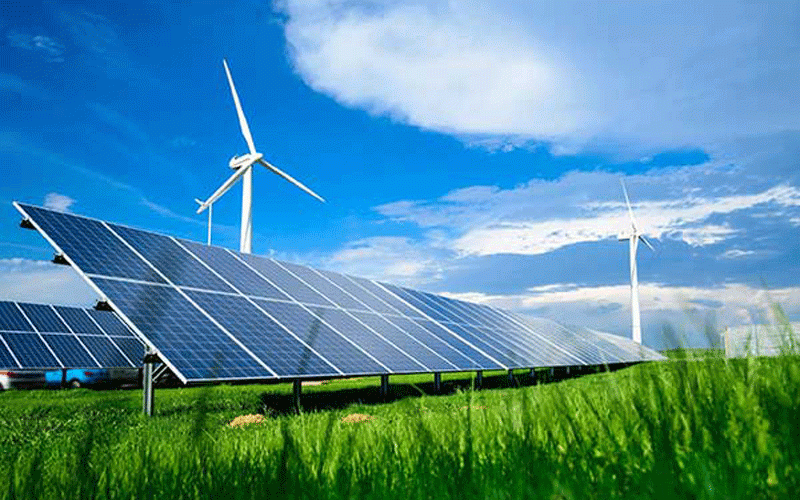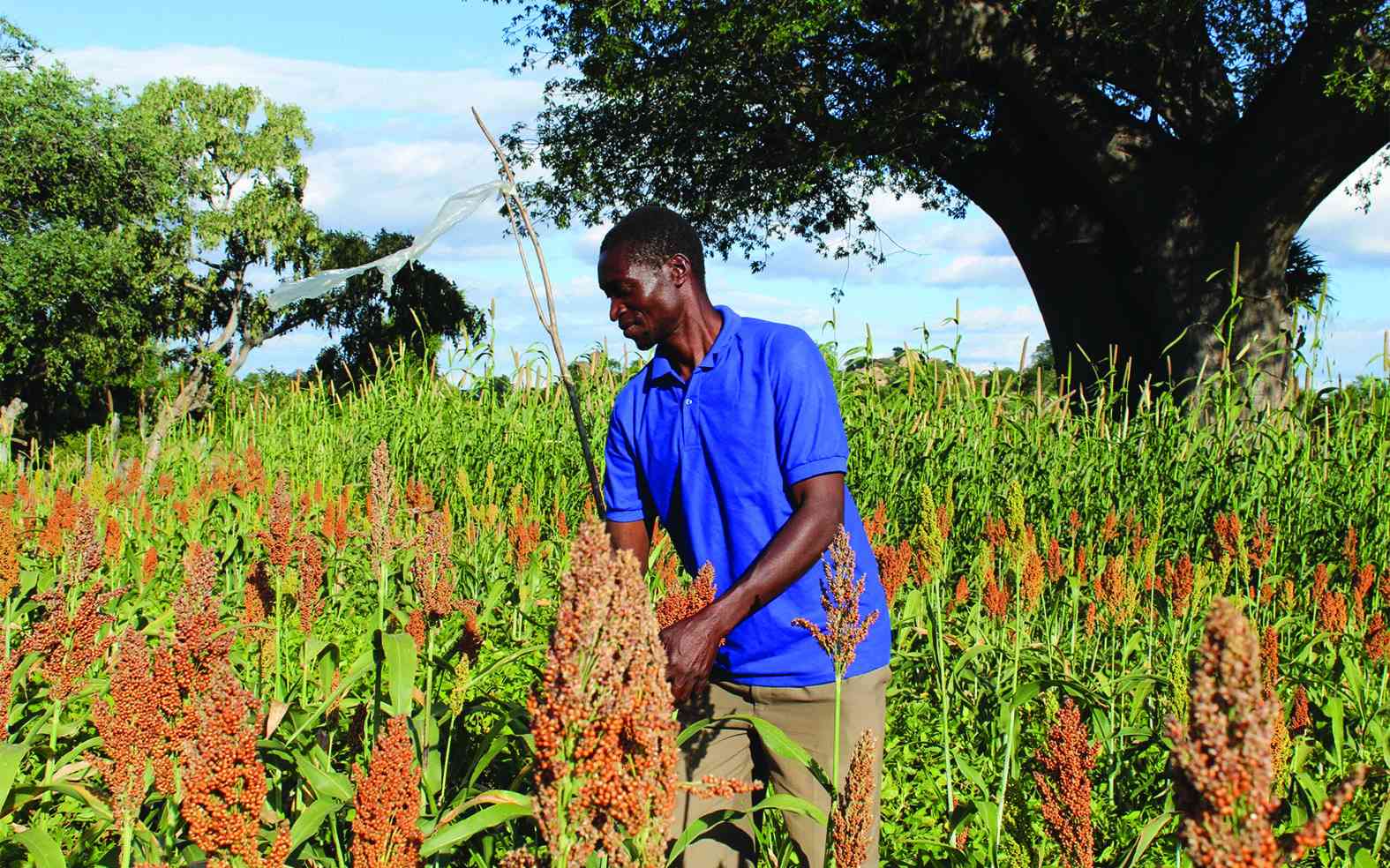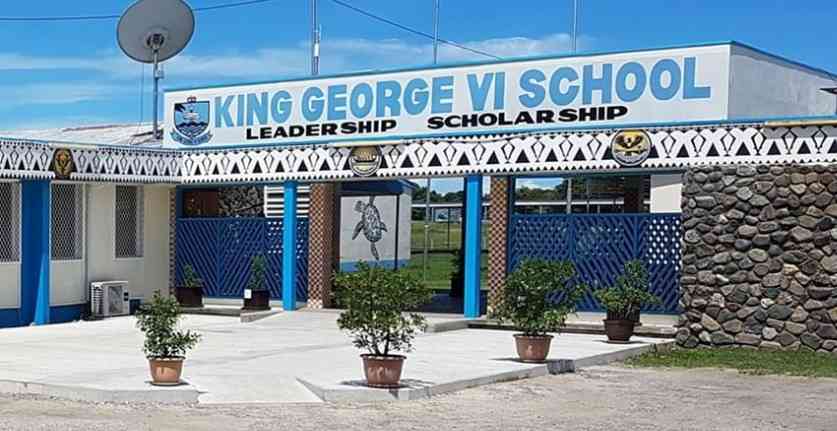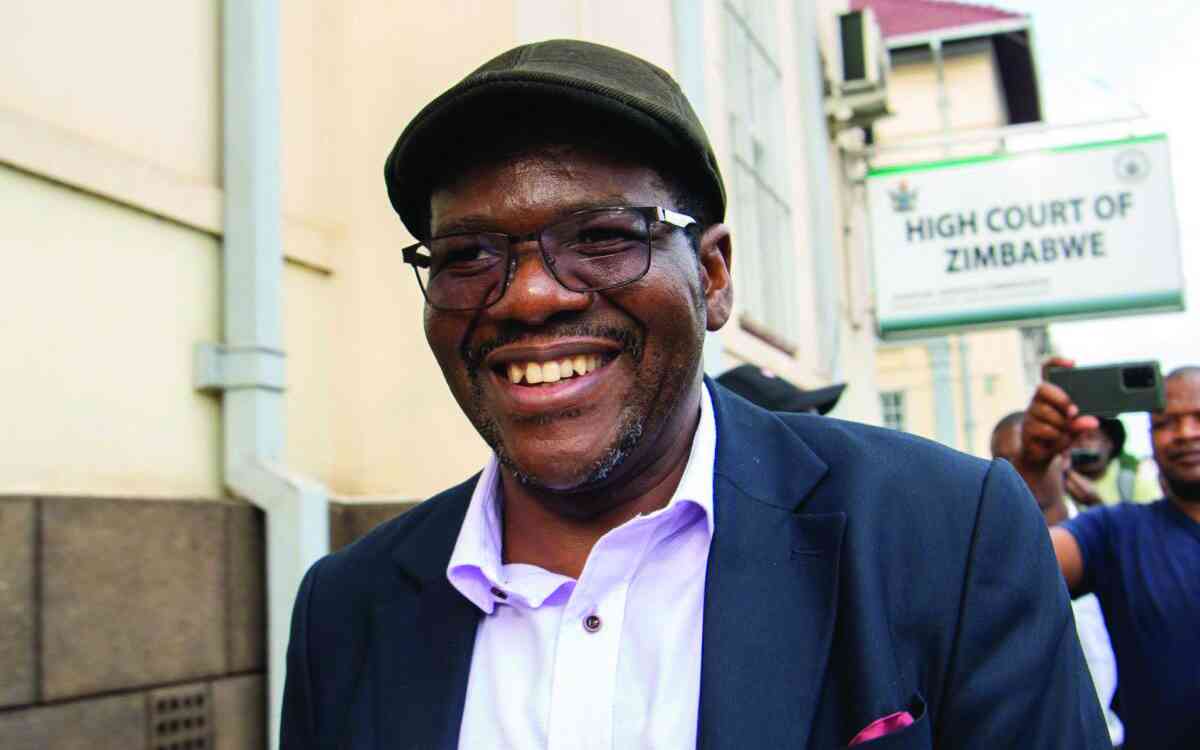
What was meant to be a flagship renewable energy project that would light up Matabeleland South has instead become a monument to corruption, neglect, and impunity.
Nearly a decade after the contract was awarded; the 262-hectare Gwanda Solar Power Plant site is nothing more than overgrown bush and broken fences.
The US$172.8 million project, awarded in 2015 to Intratrek Zimbabwe, fronted by businessman Wicknell Chivayo in partnership with China’s ChiNT Electric, promised to feed 100 megawatts into the national grid. It was touted as a game changer.
Today, it stands as a painful reminder of the government's failure to follow through on its commitments.
While communities in places such as Spitzkop remain in darkness, children now play football on the very land where a solar plant was supposed to rise.
Residents have rightly expressed frustration at seeing such vast land fenced off and left idle while their power needs remain unmet.
The Gwanda debacle cannot be viewed in isolation.
Chivayo’s name has long been synonymous with controversial tenders and opaque dealings.
- Chivayo’s US$25m lawsuit overstated: ZPC
- Muckracker: The circus goes to America
- Hwange ‘explosion’ blackouts Zim
- Chivayo wins case, pockets US$22m
Keep Reading
Despite the glaring failure of the Gwanda solar project, he has continued to enjoy privileged access to government contracts, shielded by his close proximity to power.
He is often seen in the company of President Emmerson Mnangagwa and members of his family, reinforcing perceptions that he enjoys political protection.
Despite multiple court cases and public outrage, he has continued to enjoy unfettered access to lucrative government contracts.
His close proximity to power has shielded him from meaningful accountability, raising serious concerns about how tenders are awarded and monitored in Zimbabwe.
Equally troubling is the government's deafening silence on Chivayo’s public displays of extraordinary wealth, where he hands out wads of cash at public events.
Over the past years, Chivayo has lavishly donated top-of-the-range vehicles to celebrities, clergymen, and public figures, raising serious questions about the source of his wealth, which remains shrouded in mystery.
These acts, which flout Reserve Bank of Zimbabwe regulations on financial conduct and anti–money laundering provisions, are brushed off as “philanthropy” instead of being properly investigated.
The Gwanda solar project has become a symbol of misplaced priorities and lack of political will.
Ordinary citizens continue to pay the price through blackouts, poor service delivery, and lost development opportunities, while those responsible for failed projects remain untouched.
It is time for the government to move beyond rhetoric. Clear answers are needed on what happened to the Gwanda project, how public funds were used, and why there has been no accountability.









